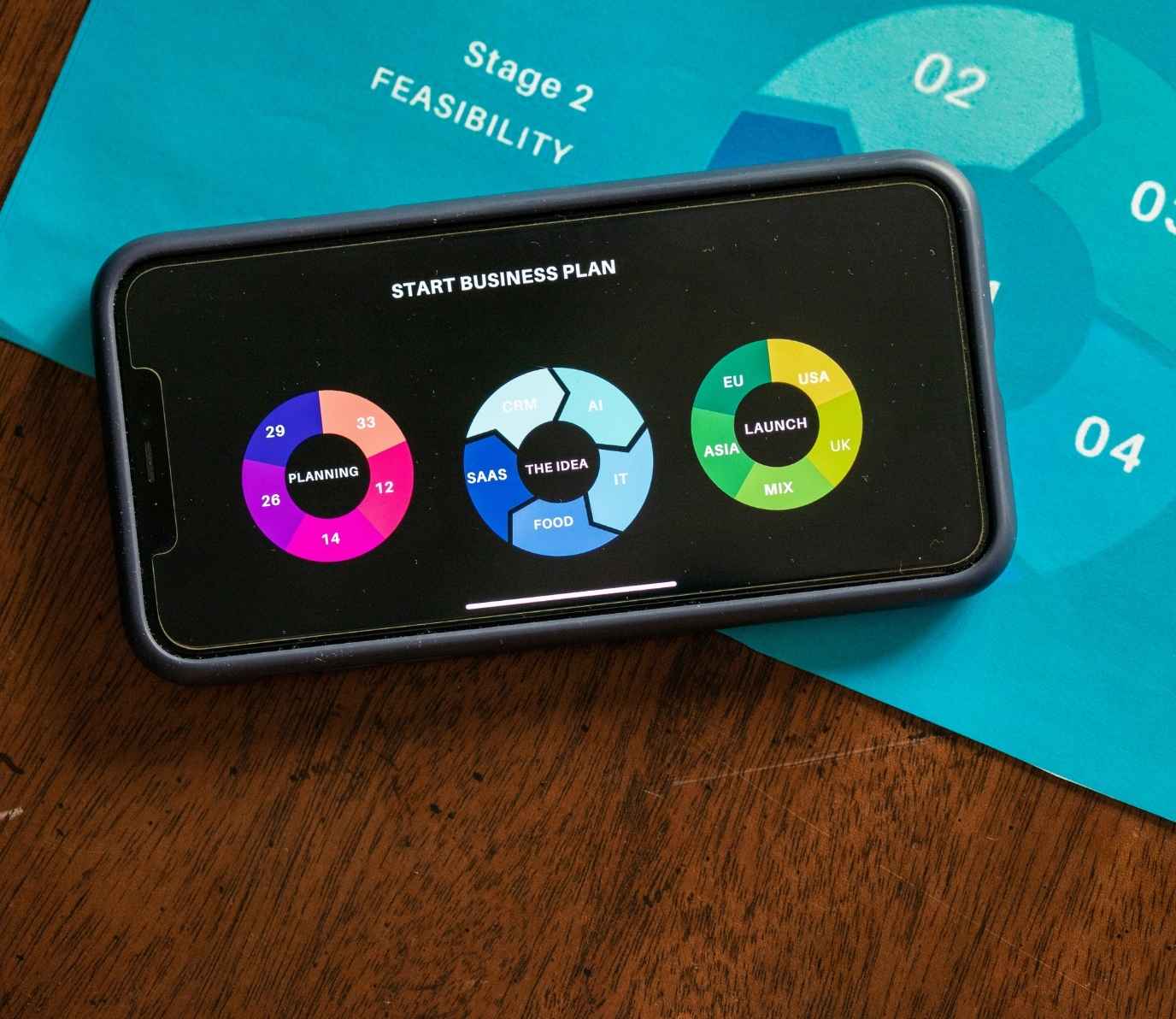

Digital Strategy: Align Your Digital Presence with Business Performance
Your digital channels are more than just brand touchpoints—they’re growth platforms. At VCMO, we build digital strategies that connect audience behaviour, marketing goals, and technology to drive measurable commercial outcomes.
What Is a Digital Strategy?
Digital strategy defines how your business uses digital channels, tools, and platforms to engage customers, support conversion, and measure success. It brings structure to your online presence—from websites and SEO to paid media and analytics.
Without a strategy, digital activity becomes disconnected. With one, it becomes a growth engine.

Challenges of a Weak Digital Strategy
Whether you're launching, scaling or transforming your business, a weak digital strategy can show up in many ways:
💬 “Our website exists—but it doesn’t convert.”
💬 “We’re spending on digital, but can’t prove the return.”
💬“We know we need to improve digital, but we don’t know where to start.”
These issues lead to misalignment between platforms and audience behaviour, a lack of integration between digital, sales, and marketing, plus poor visibility of performance across channels.

What’s the Risk of Doing Nothing?
Without a joined-up digital strategy:
- You waste budget on platforms that aren’t performing
- Your customer journey is disjointed or frustrating
- You miss out on high-intent traffic and conversions
- Your competitors pull ahead in visibility and acquisition
Digital gaps are growth gaps. A robust digital strategy brings everything into focus.
What We Deliver
We turn digital from complexity into clarity — building strategies that improve visibility, optimise performance, and drive measurable growth.

Assessment & Opportunity Mapping
See where you stand. We audit websites, journeys, and analytics to identify gaps and uncover growth opportunities.

Strategic Planning
Plan with purpose. From SEO and paid media to channel mix and attribution, we design digital strategies that scale.

Integration & Optimisation
Make every click count. We align CRO, automation, and landing page improvements to maximise conversions and efficiency.

Measurement & Reporting
Prove what works. We create dashboards and KPIs that track performance, attribute revenue, and inform smarter decisions.

Why a Digital Strategy Matters
A well-defined digital strategy supports:
- Scalable lead generation and conversion
- Transparent performance reporting
- Sharper decision-making on spend and channels
- Better alignment between online activity and offline goals
In today’s market, digital strategy is business strategy.

Is This You?
You may need our leadership support if:
✅ You’re investing in digital but unclear on what’s working
✅ Your web performance and conversion rates are low
✅ You’re launching a product or re-platforming your site
✅ You want to improve how digital and offline marketing work together
If your digital efforts feel scattered or invisible—we can help you refocus.
Our Related Marketing Expertise
Digital strategy is most effective when paired with channel, demand generation, and technology — ensuring every click, campaign, and conversion is aligned to growth and commercial outcomes.
Ready to build a digital strategy that performs?

Subscribe to Our Newsletter
Fractional Edge is our montly newsletter sharing expert opinion on the latest trends in fractional leadership, curated marketing content from leading sources, VCMO events, and much more. Subscribing is quick — just add your name and email.



















.jpg)



